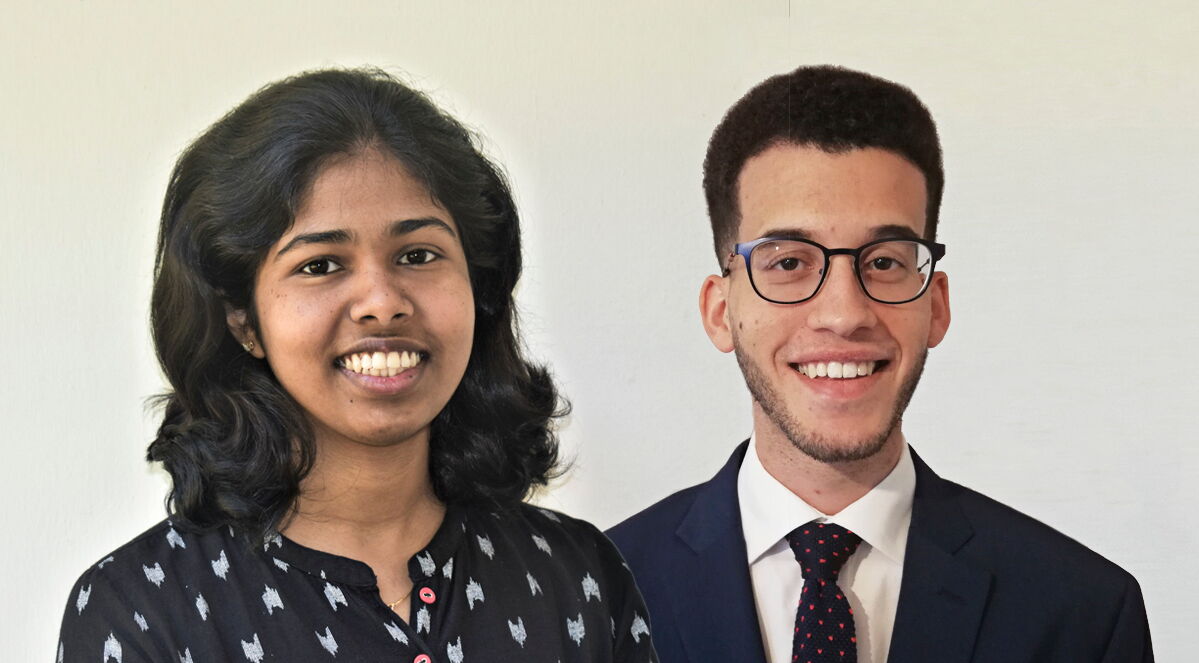#QUSTEC Portrait: Multidisciplinary approach

“Quantum Science and Technologies at the European Campus” (QUSTEC) offers young researches the chance to choose a host university to pursue their research work. The program offers its doctoral candidates a multidisciplinary approach in order to combine the most important fields of quantum science.
These diverse opportunities fascinated Aleena Joseph, a PhD student at the “Institut de physique et chimie des matériaux” (IPCMS) in Strasbourg. “I was already determined to study quantum sciences, and magnetism in particular, but the multidisciplinary approach was the ultimate factor for my decision. The combination of two research fields is very important for the approach I chose for my PhD.” The young woman is studying the properties of magnetic materials when light and matter interact strongly, a phenomenon scientists call “strong coupling.” “When a material system is strongly coupled with light, a hybrid state is formed. The quasiparticles of this hybrid state are called polaritons. They are very interesting because they have mixed properties of photons and matter, which offers the possibility of improving the magnetic properties of materials,” Aleena Joseph summarizes.
Alex Fétida, who is also a PhD student at IPCMS, shares this opinion: “The QUSTEC program allows a complete approach to quantum physics because of its multidisciplinary nature.” After completing a master’s degree in applied physics in Lausanne, the young researcher now hopes to continue his work on surface magnetism through tunneling microscopy. “My master’s thesis focused on the imaging aspect of tunneling microscopy, and I wanted to continue my work in a more experimental way” says the PhD student. With his doctoral thesis, he will deepen this study in the direction of quantum science. “The microscope uses a metal grating needle. The innovative approach of the PhD thesis will be to functionalize it with a molecule, thus turning the microscope into a quantum magnetometer. This opens new perspectives in the field of nanomagnetism.”
Established as part of Eucor – The European Campus, the QUSTEC program has received €9.1 million in funding from the European Union and partner institutions. It will train 38 PhD students in the emerging field of quantum science and technology.
Léa Fizzala / Université de Strasbourg